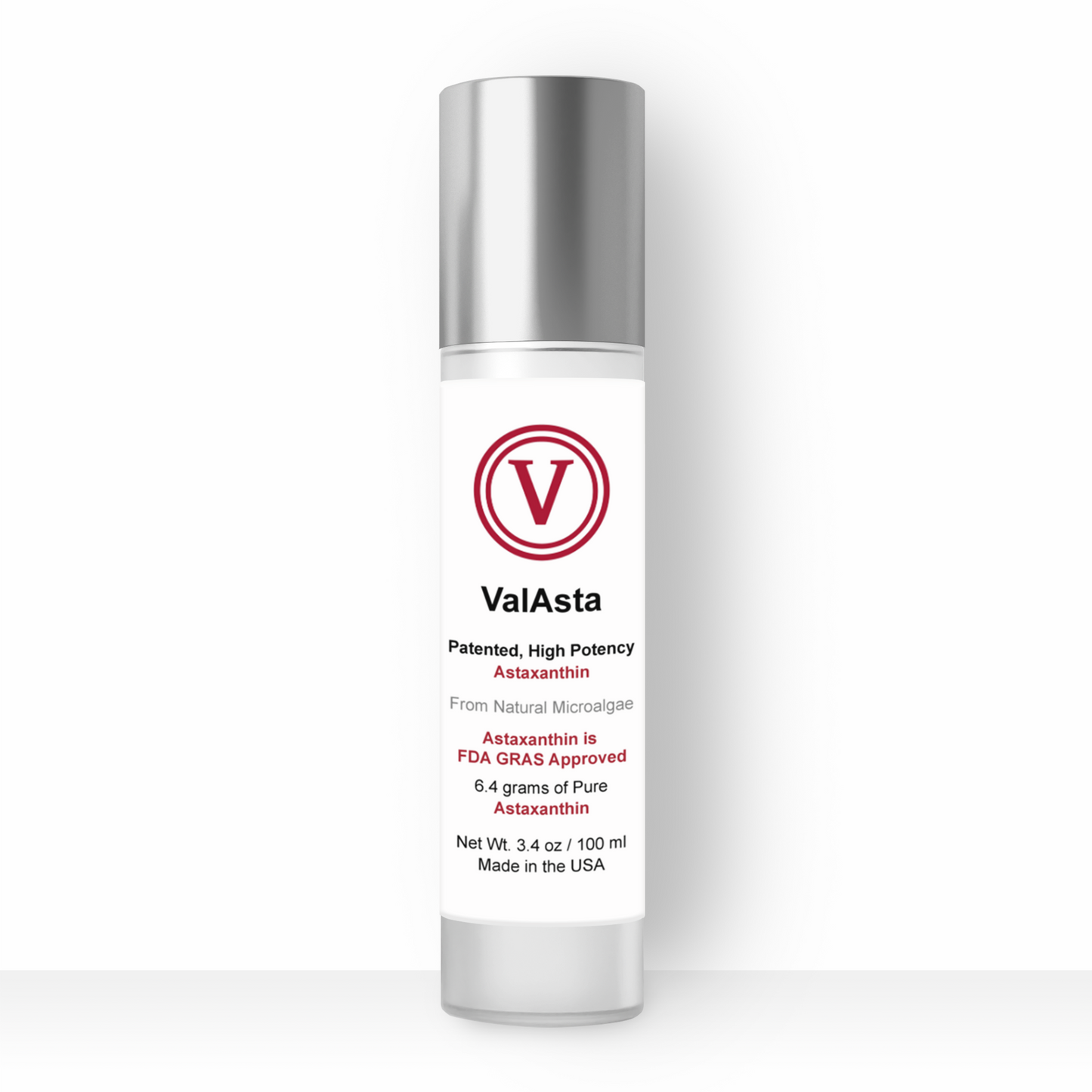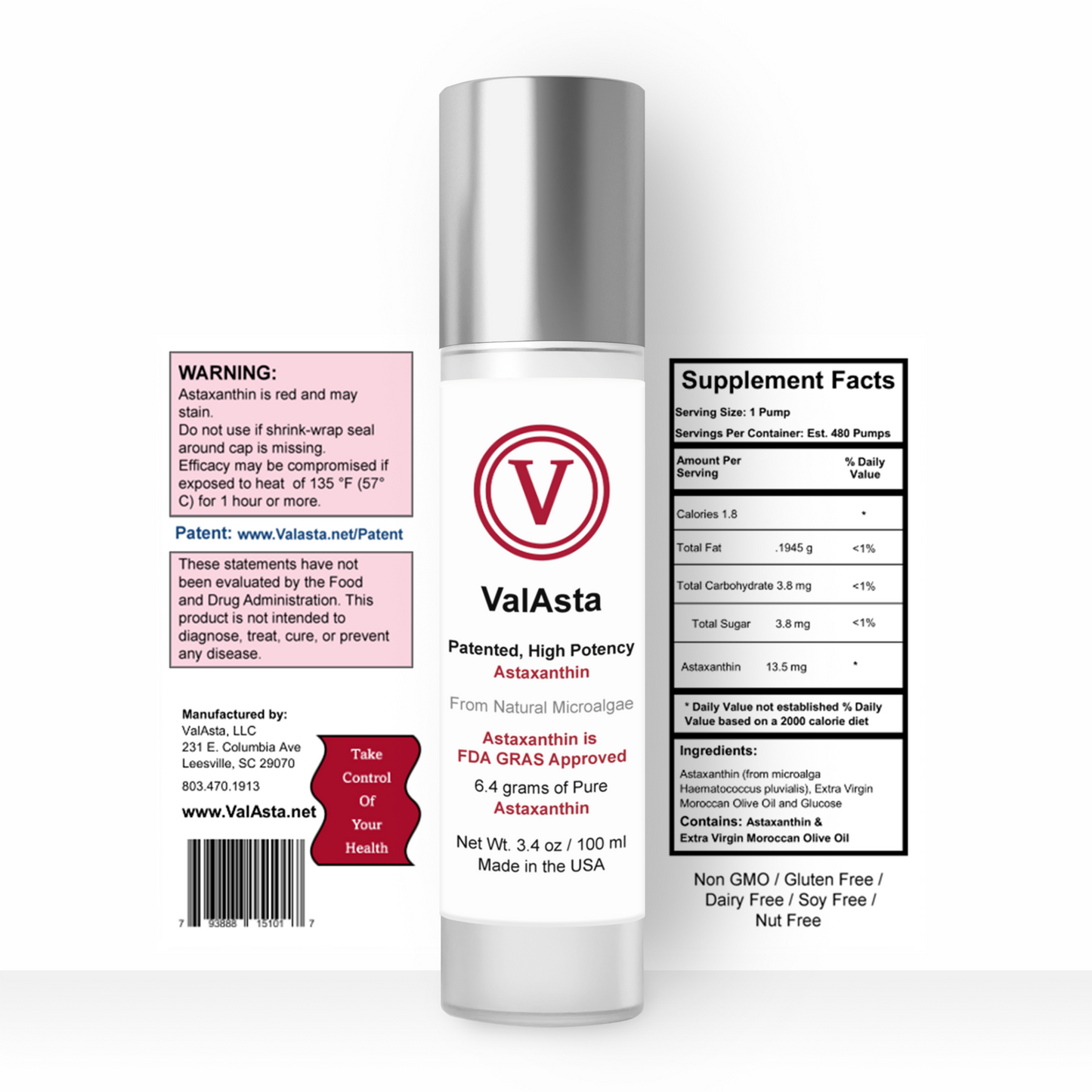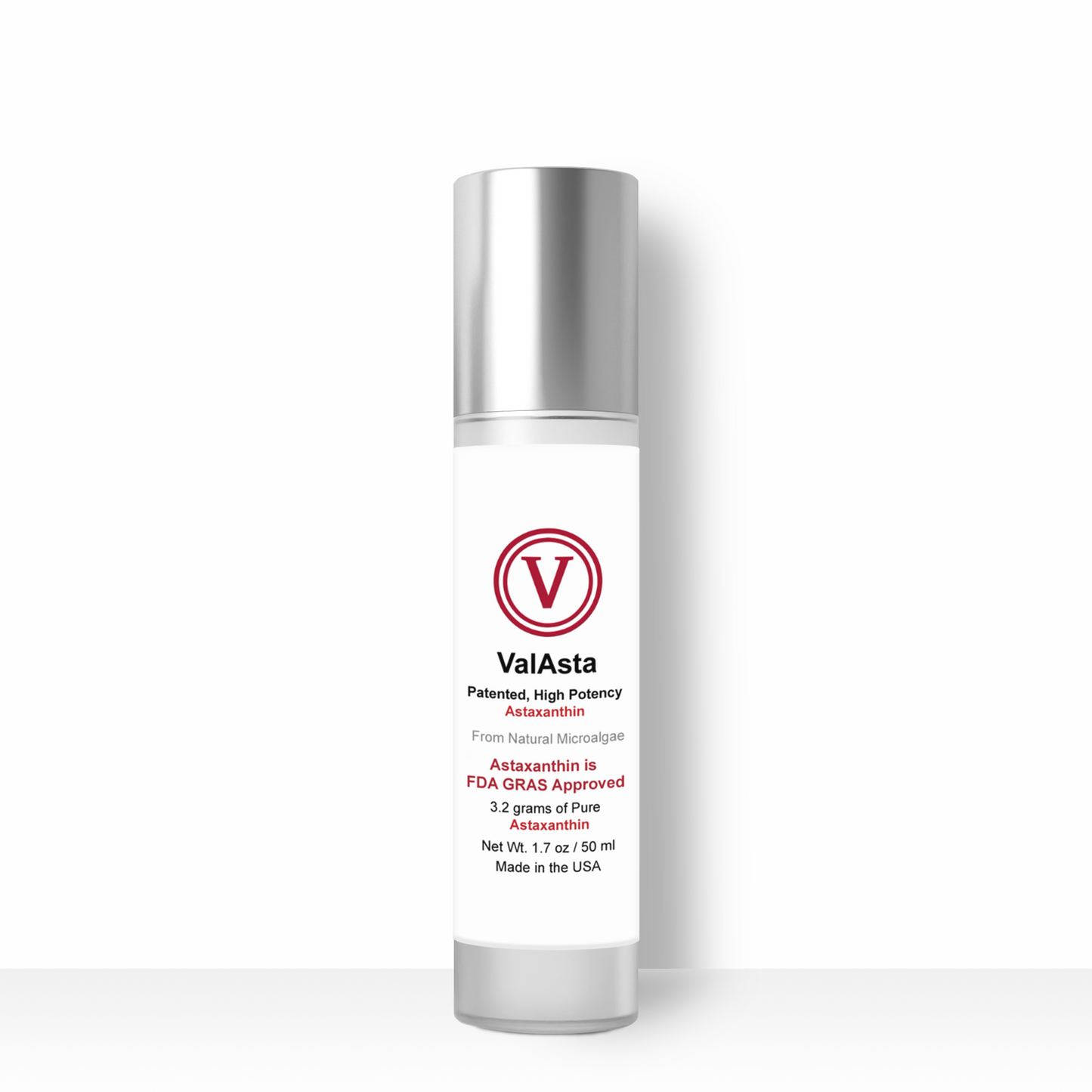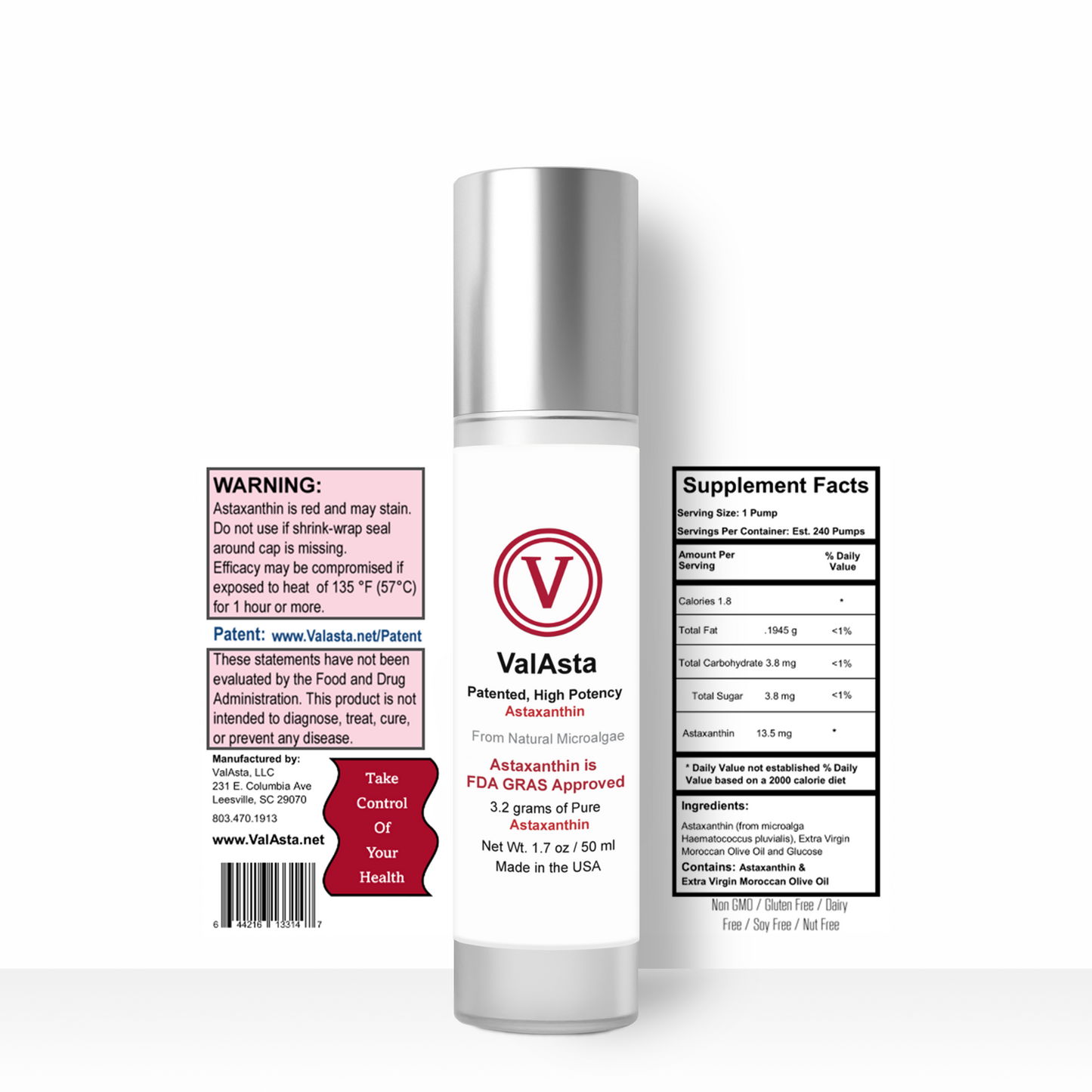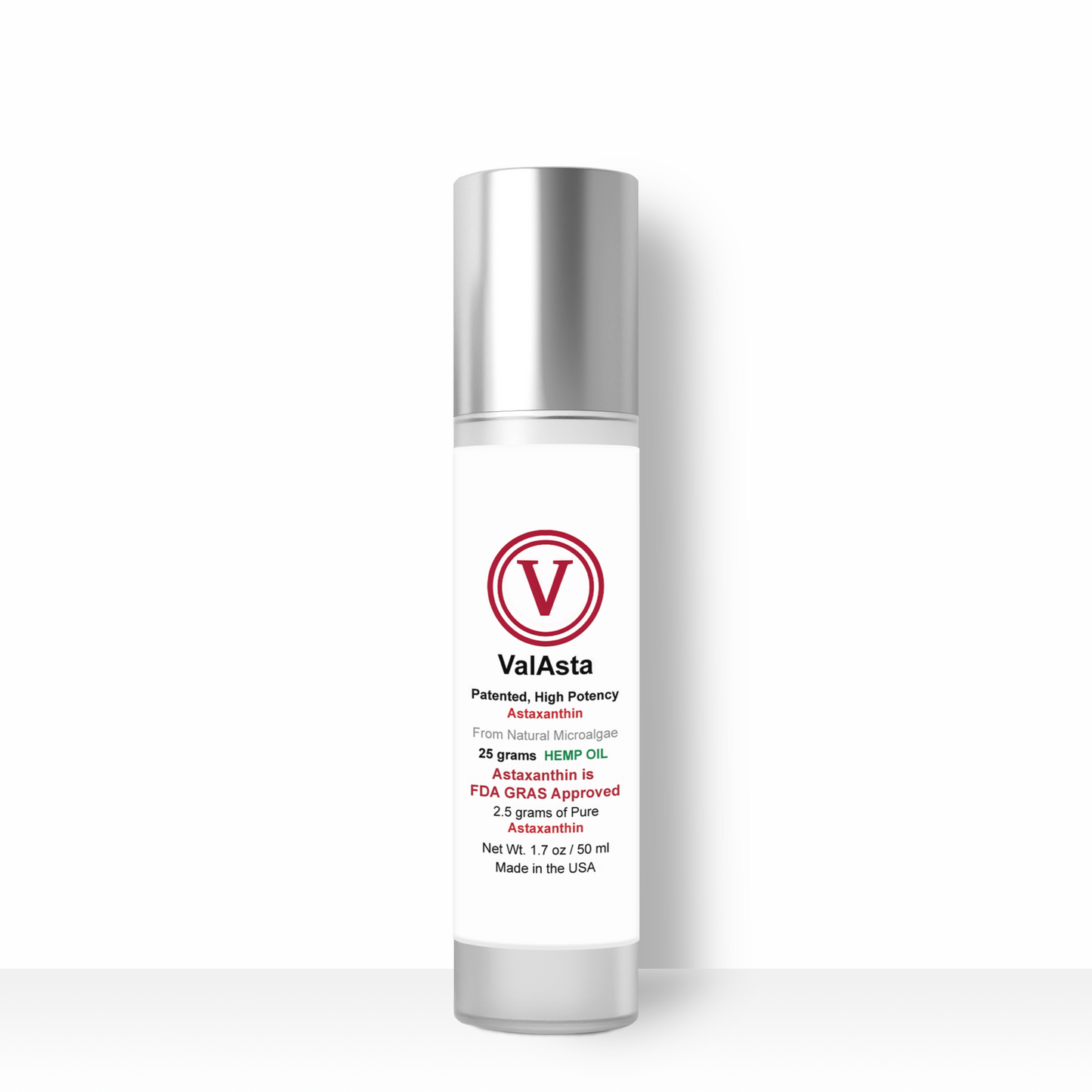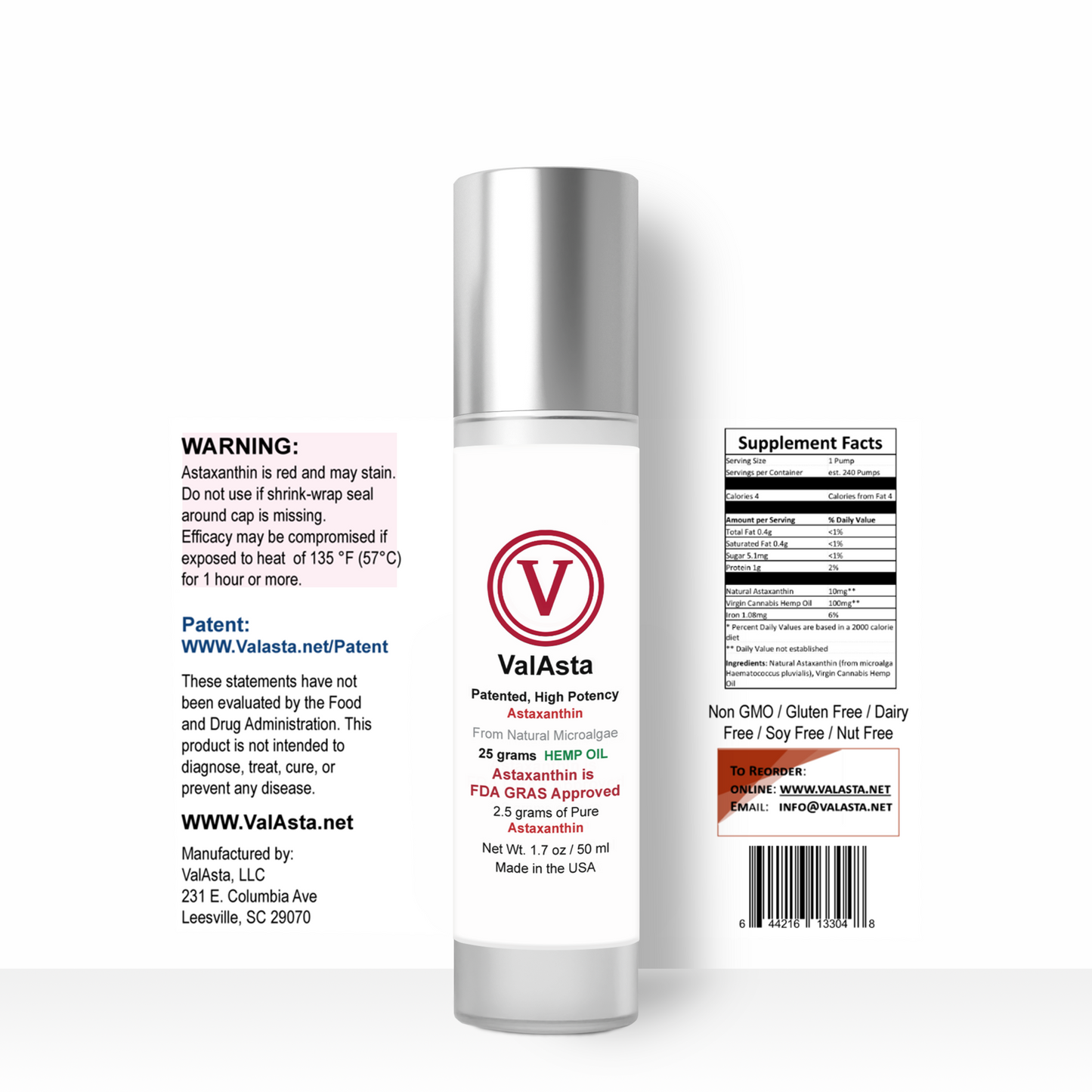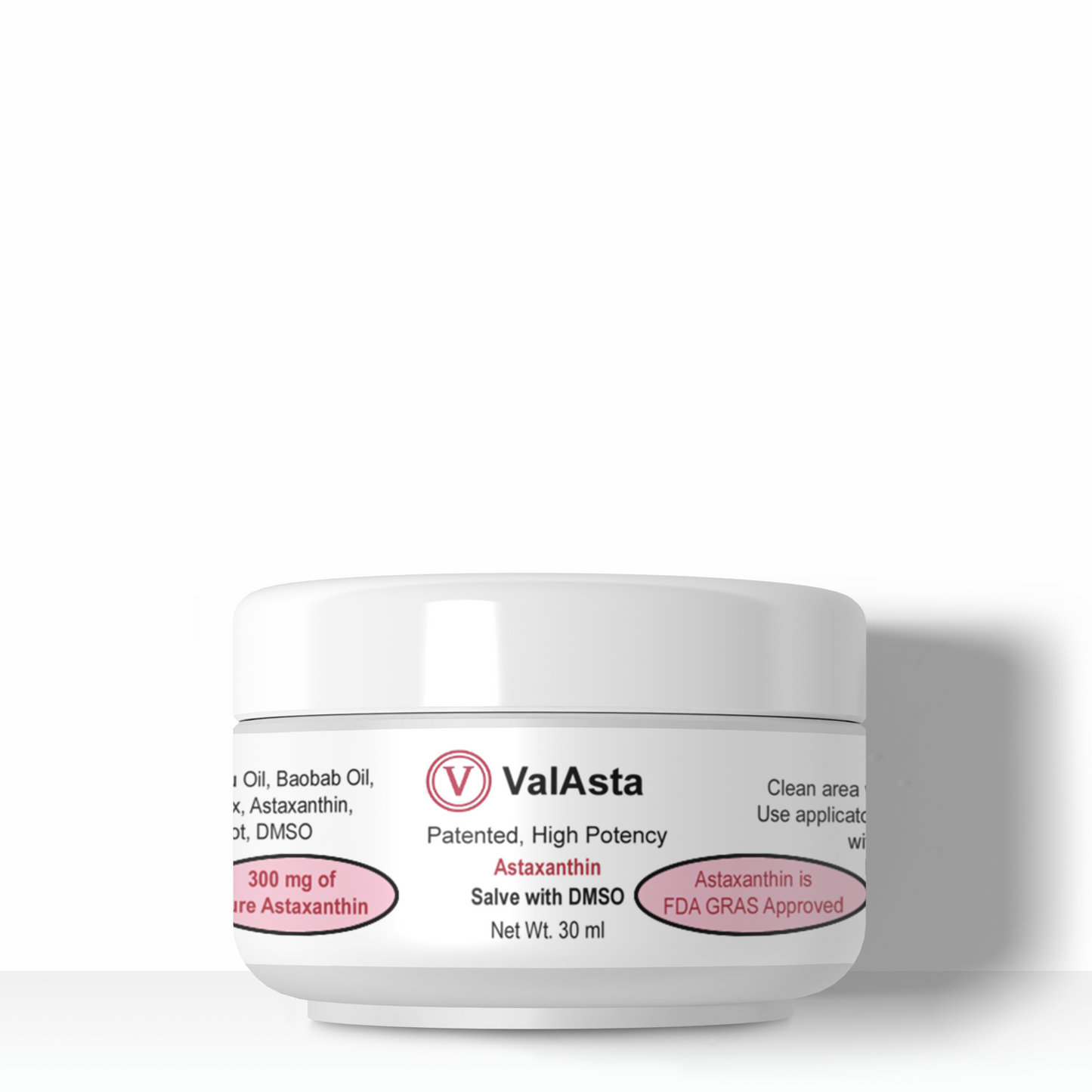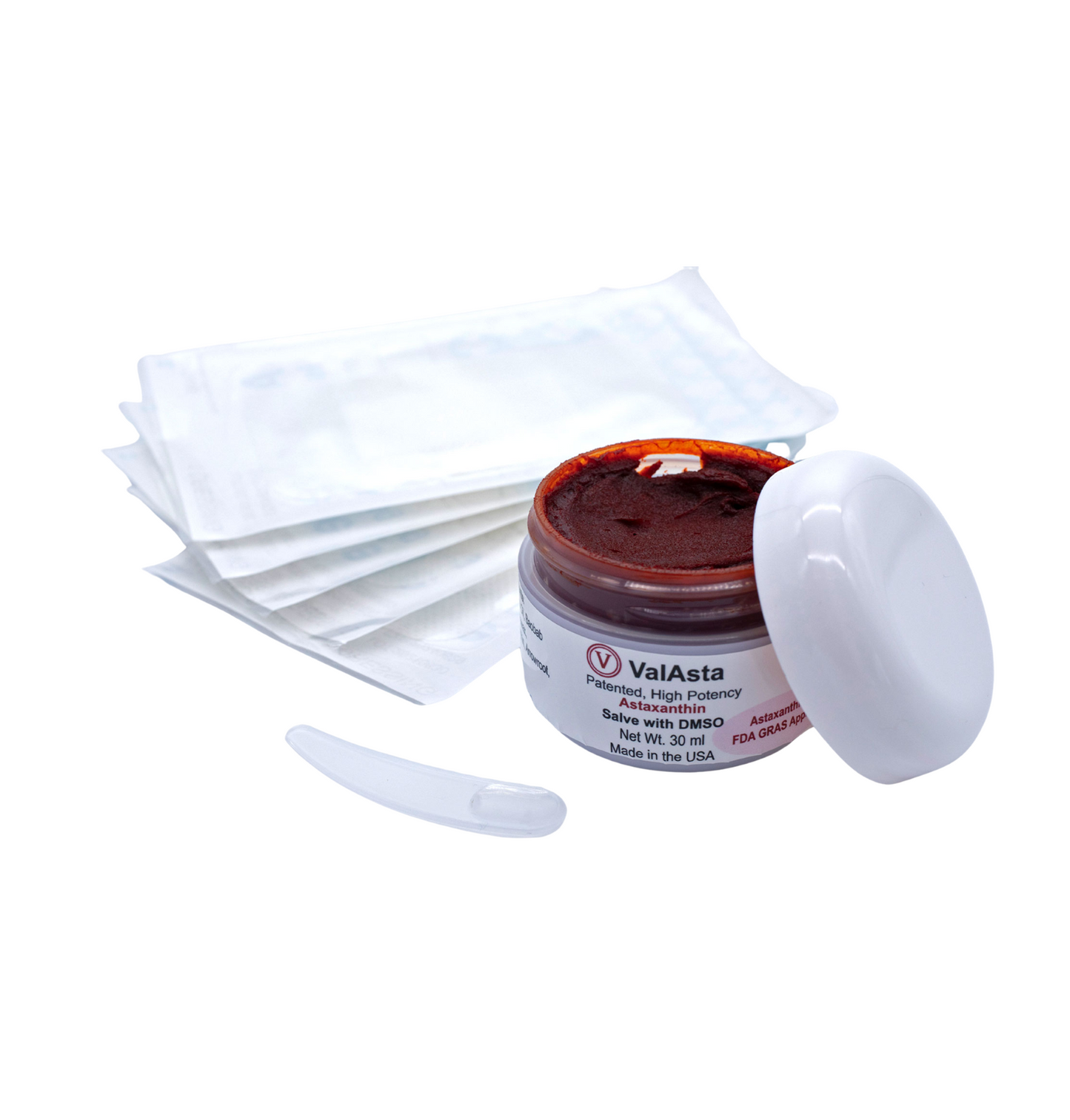Skin Cancer

Skin cancer — the abnormal growth of skin cells — most often develops on skin exposed to the sun. But this common form of cancer can also occur on areas of your skin not ordinarily exposed to sunlight.
Considerable evidence suggests that suppression of immune system contributes to the development of solar UV-induced cutaneous malignancies, including melanoma and non-melanoma, in both mouse models and humans.
Astaxanthin in Skin Health, Repair, and Disease: A Comprehensive Review - PMC (nih.gov)
Immune suppression and skin cancer development: regulation by NKT cells - PubMed (nih.gov)
The Immunologic Revolution: Photoimmunology - PMC (nih.gov)
There are three major types of skin cancer — basal cell carcinoma, squamous cell carcinoma and melanoma.
You can reduce your risk of skin cancer by reducing the inflammation in your body. You can reduce the inflammation causing skin cancer by limiting or avoiding exposure to ultraviolet (UV) radiation.
Early detection of skin cancer gives you the greatest chance for successful skin cancer treatment. Check your skin for suspicious changes and measure your inflammation through a C-Reactive Protein test. This will reveal problems even before any changes to your skin.
Melanoma signs include:
- A large brownish spot with darker speckles
- A mole that changes in color, size or feel or that bleeds
- A small lesion with an irregular border and portions that appear red, pink, white, blue, or blue-black
- A painful lesion that itches or burns
- Dark lesions on your palms, soles, fingertips, or toes, or on mucous membranes lining your mouth, nose, vagina or anus.
ValAsta / astaxanthin is a strong antioxidant and may help prevent or stop melanoma and other skin cancers.
Numerous studies have demonstrated that carotenoids, particularly β-carotene, lycopene, lutein, and astaxanthin, have photoprotective effects, not only through direct light-absorbing properties, but also through their antioxidant effects (scavenging reactive oxygen species), as well as by regulation of UV light-induced gene expression, modulation of stress-dependent signaling, and / or suppression of cellular and tissue responses like inflammation.
ValAsta has helped with many other common inflammatory conditions:
Shop ValAsta
Is Astaxanthin Safe?
The safety of astaxanthin administered orally was assessed in a medical trial undertaken in healthy adults. Volunteers were administered astaxanthin or placebo for eight-weeks. The authors concluded that healthy adults could safely consume natural astaxanthin.
In another study, high concentrations of astaxanthin were tested with blood taken from volunteers, 8 of whom were taking aspirin and 12 who were not. Even medical grade concentrations of astaxanthin had no adverse effects.
No significant side effects have been reported so far in published human studies in which astaxanthin was administered to humans.
Are There Any Side Effects?
- Astaxanthin has been classified as a generally safe supplement in the USA.
- ValAsta is 100% natural and has no serious side effects.
- The only side effects we have observed are a slightly reddish stool and in rare cases some stomach discomfort.
Benefits of ValAsta
- The only Patented astaxanthin for treatment of diseases.
- The world’s strongest natural anti-inflammatory.
- The world’s strongest natural antioxidant.
- 6000 x stronger than vitamin C
- Used to reduce chronic inflammation.
- Used as an anti-ageing supplement.
- Used as a health & fitness supplement.
- Protects health at a cellular level.
- Neutralized free radicals or ROS.





















